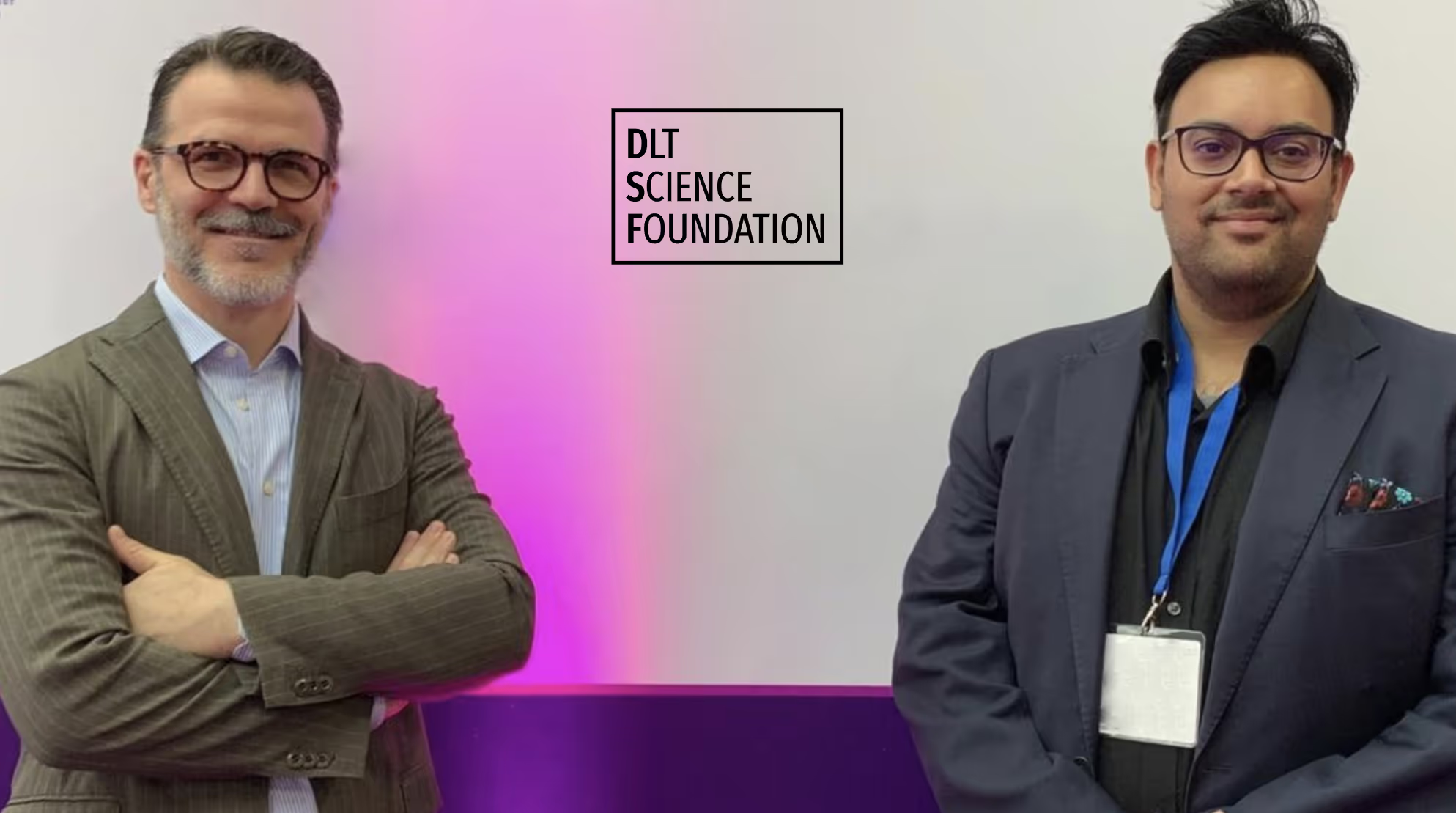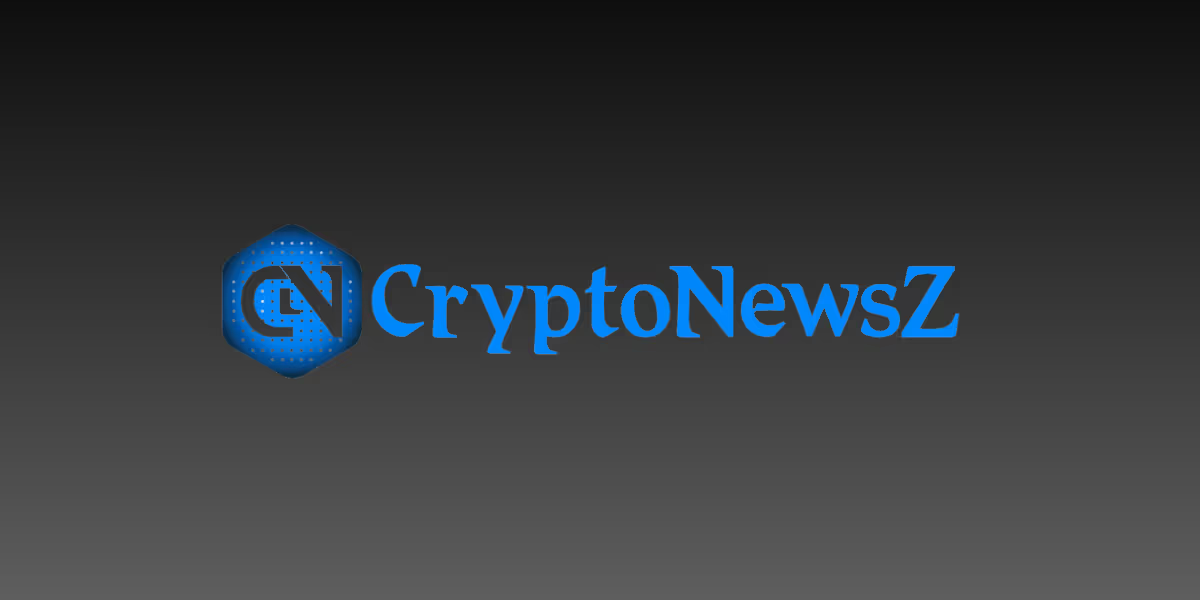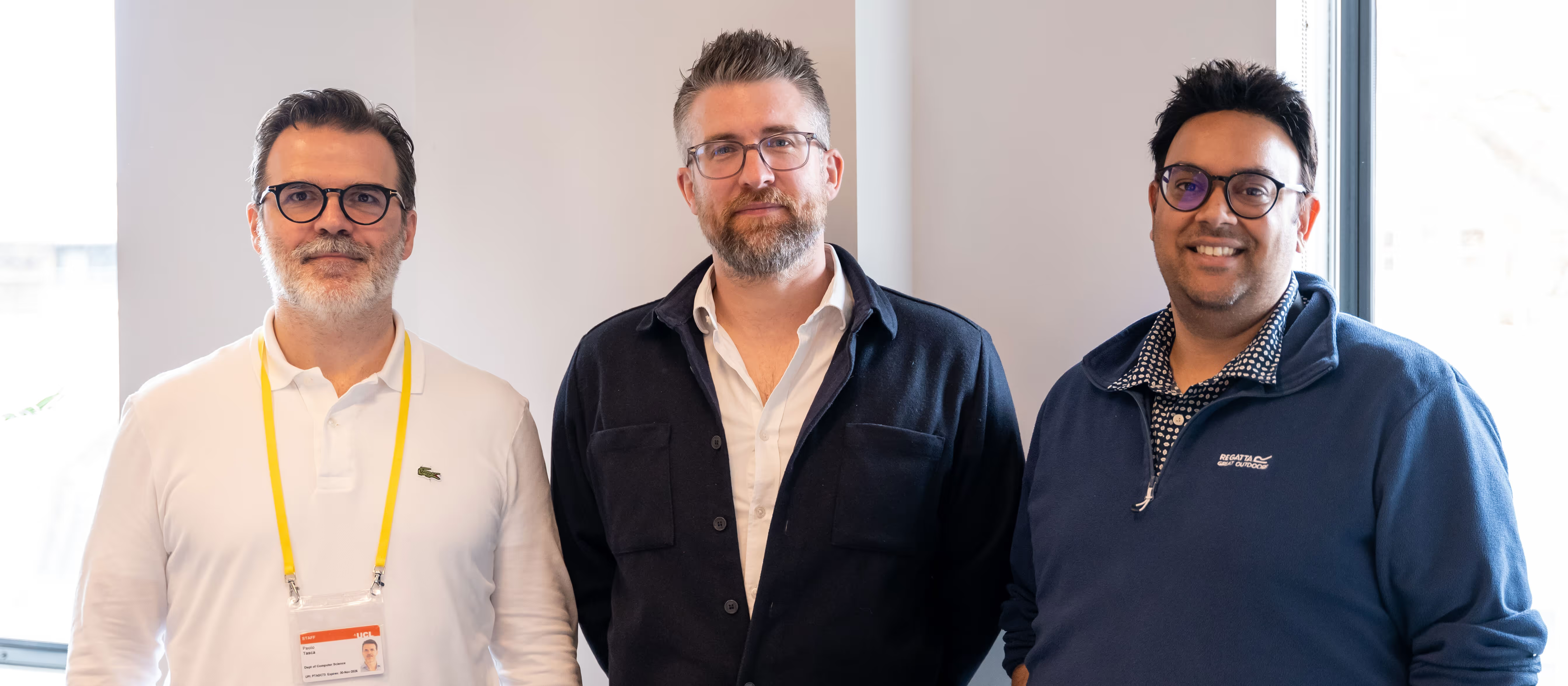Creating the DLT Science Foundation has been a labour of love, driven by a shared vision to advance knowledge in distributed ledger technology (DLT). It all began many years ago with Paolo Tasca's determination to establish the UCL Centre for Blockchain Technologies in 2015, despite limited resources and initial scepticism. This eventually laid the foundation for one of the world's most renowned academic blockchain research centres. Nikhil Vadgama joined as deputy executive director in 2018, contributing to the centre's growth and success by fostering a thriving ecosystem of individuals and organisations.
Our experience at UCL, as well as our roles as entrepreneurs and advisors in the blockchain space for so many years, has shown us that this emerging technology faces skepticism and a host of challenges. We understand that many of these obstacles arise from a lack of technological literacy and insufficient understanding of blockchain's and the crypto potential benefits. These factors have created asymmetries that can undermine trust in the community. The recent collapse of several high-profile banks has sparked parallels with the 2008-2009 financial crisis, leading to a renewed interest in Bitcoin and other cryptocurrencies due to their intermediary-free qualities. However, the crypto industry now faces its biggest test yet, with a struggle against the financial establishment. The closure of several banks has led to fear and uncertainty, and cryptocurrencies have been viewed negatively in this context. The crypto industry needs to seize the day and define the future of money, which could ultimately compel governments to accelerate the implementation of new regulatory frameworks for the coming era of digital money. It is incumbent on members of the crypto community to engage in behavior that breeds confidence if they hope to succeed.
Our mission is to restore that trust through an independent, objective and scientific approach that address grand challenges by promoting groundbreaking research, transformative educational programs, and innovative startups on a global scale. Through this approach, we can not only foster a greater understanding of blockchain and other emerging digital technologies, but also help them reach their full potential.
In response to these challenges, we established the DLT Science Foundation.
With Hedera's invaluable partnership, we can now offer much-needed support to those working in the DLT space, enabling significant breakthroughs, educational empowerment, and the development of novel commercial ideas based on research.
We build a network of Trust to discover Truth. Our vision encompasses the creation of a University Network that fosters knowledge exchange and accelerates DLT adoption through our grant programs.
However, DLT Science Foundation is more than just a grant-making organisation. We are committed to developing our own blockchain-agnostic in-house research, education, and innovation capabilities, which will complement our University Network members and establish the DLT Science Foundation as an independent authority in advancing knowledge within DLT and other emerging digital technologies. As we embark on this exciting journey, we are grateful for the opportunities ahead and invite you to join us in shaping the DLT Science Foundation into a powerful force for knowledge and discovering Truth.
Paolo and Nikhil






.avif)

